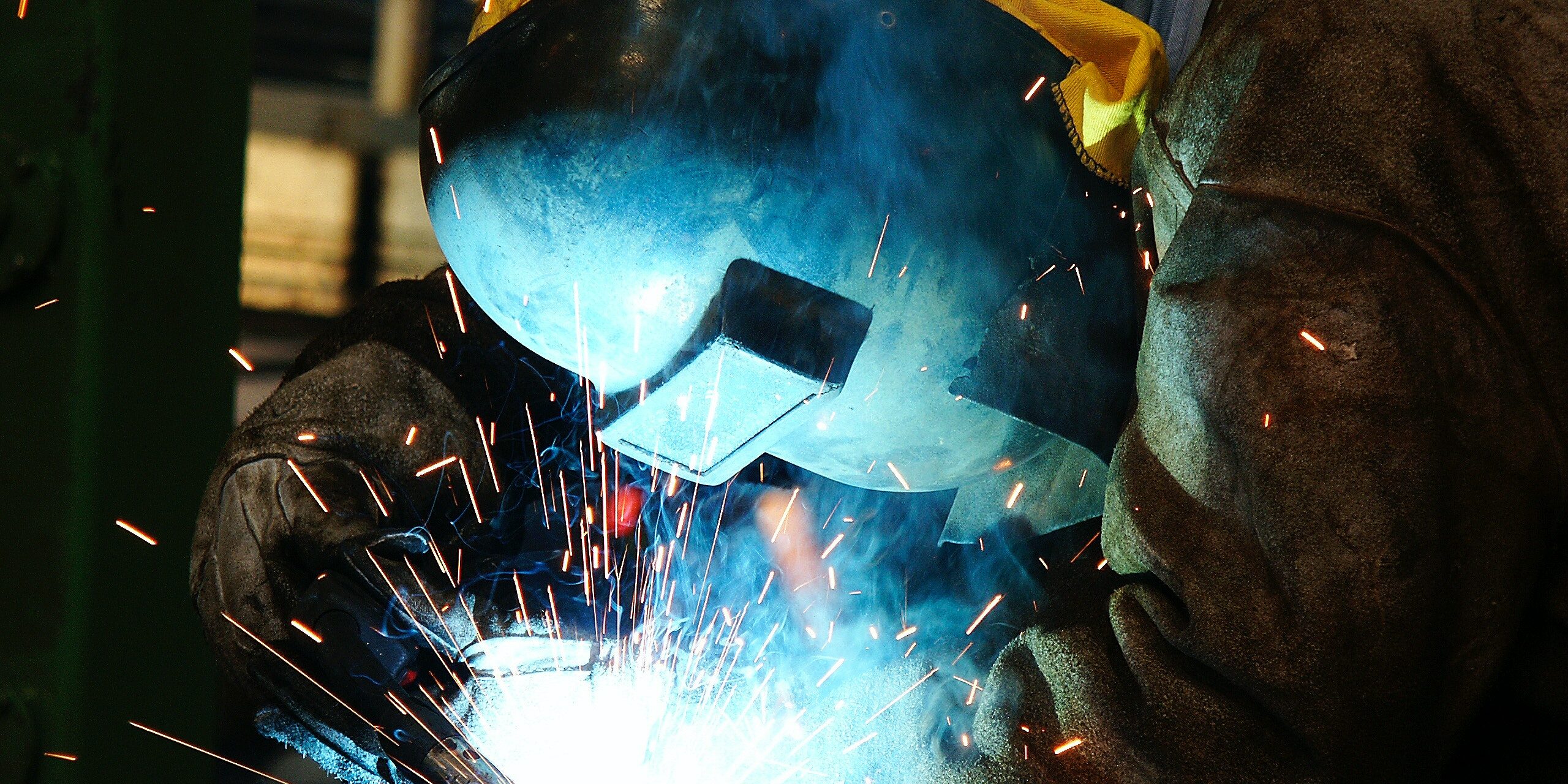Importance of welding in the Aerospace Industry
Over the past few years, welding technology has seen massive developments, especially in the context of the aerospace industry. The ever-evolving knowledge of welding technology, designs and material are facilitating the use of welding in aeronautics.
Since World War 2, welding has replaced rivets and bolts, and is now a favoured choice of the aerospace industry. There are several reasons behind that. Here are some of the ways welding is playing an important role in the aerospace industry:
Lighter components
With modern welding techniques like friction welding, it’s possible to join dissimilar materials, making it possible for designers to use lighter or better yet higher performance materials. This ensures that the parts are lightweight, thereby ensuring higher fuel efficiency.
Stronger welds
The aerospace industry makes use of large components, small parts and complex geometric shapes, all of which demand reliability and durability. With evolving welding techniques such as forging, it’s possible to bond materials together to create an extremely strong product that stands the test of time.
Cost effective
Using rotary or linear friction welding, it’s now possible to create “near net shape” components, doing away with the need for extensive additional machining. This helps save time as well as material costs. Blisks used in jet engine assemblies and airframe structures are some examples of parts created using “near net shape”. Modern welding technology also makes it possible to join multiple materials, further helping reduce costs.
Heat resistant materials
The increasing demand for fuel efficiency in aircrafts means that the engines are experiencing higher levels of compression, thrust and operating temperature whilst possibly flying at higher altitudes. Resisting these extreme conditions demands the use of newer materials and alloys that are erosion-resistant, corrosion-resistant and heat-resistant. However, these materials can be difficult to join. Thanks to modern welding technologies, it’s possible to effortlessly join these materials.
High quality standards
Flight critical and mission critical components need to be failproof. Modern welding processes ensure that there are no weld defects that could impact assemblies or parts. Precision welding solutions ensure high quality standards including ISO 9001:2015/AS9100D.
TMetal, Canada’s leading supplier of metal alloys
We proudly supply a range of metal powders that can strengthen the parts and products used in the aerospace industry. Our cutting-edge metal powders can make a difference to your manufacturing processes. Get in touch with us today to know more!







